- Sales Home
Live talk
Antikythera Mechanism: The 8th Wonder of the Ancient World
Was this the world’s first smartphone? A mechanical planetarium? Or something even more amazing? Over 2,000 years ago, a ship sank off the coast of Greece carrying a strange and beautiful, bronze machine. Hidden for centuries underwater, the discovery of the Antikythera Mechanism has stunned scientists around the world. It could track the movements of the sun, moon, and planets - and even predict eclipses! Some call it the 8th Wonder of the Ancient World. Others say it’s the first computer ever made. But how does it work? Find out at Fiske!
Science Under the Dome: Life after Death - How Dead Organisms Serve as Nature's Memories
As humans, our memories of the past influence how we behave in the present. But nature, too, has memories. Past events, like fires, storms, droughts, and other catastrophes can determine how ecosystems look and function, well into the future. We refer to this as ecological memory. One type of ecological memory are the physical remains of dead organisms left after these catastrophic events occur. In particular, we can think about the remains of foundation species—iconic and abundant organisms like trees, grasses, corals, or oysters that build the very frameworks of the ecosystems we know and love. When these organisms die, their influence lives on as their remnant structures actively shape the way ecosystems recover, or do not.
Stars & Planets
Join us for an introduction to the night sky, the observable planets, the stars, and constellations.
The Martians by David Baron
A mere century ago, Martians were thought to be real—not fictional—creatures. “Mars is inhabited by a highly civilized and intelligent race of beings,” proclaimed Alexander Graham Bell after astronomers discovered what looked like irrigation canals on the red planet. Join best-selling Boulder author, David Baron for a fast-paced, highly illustrated talk about this strange case of mass delusion.


